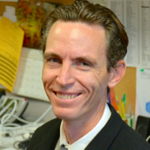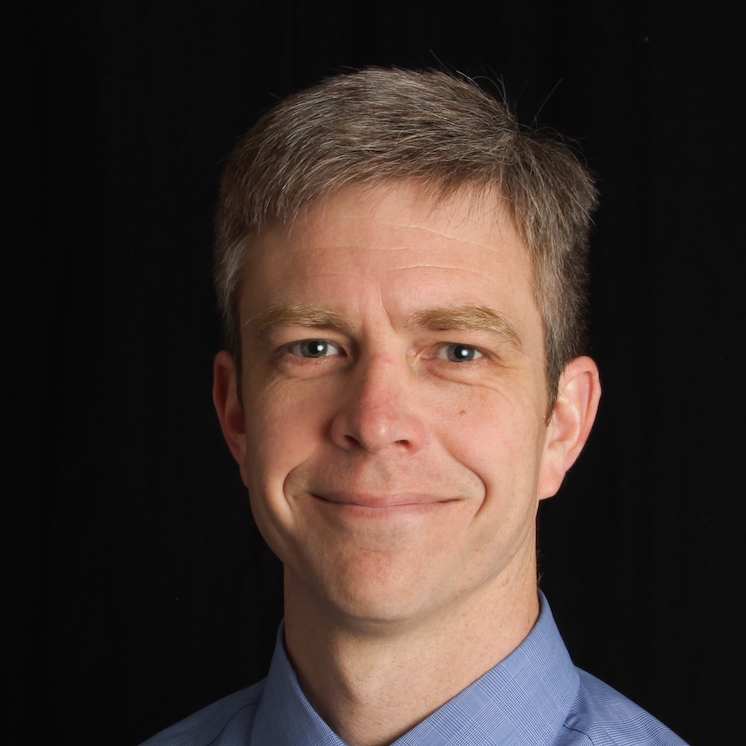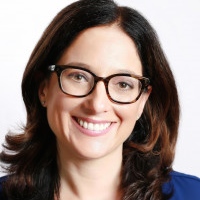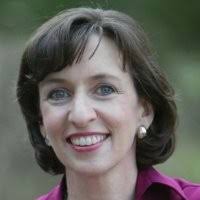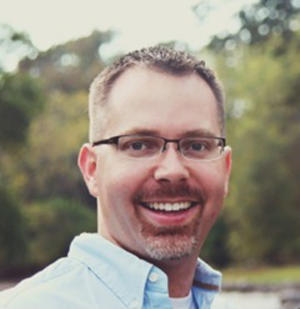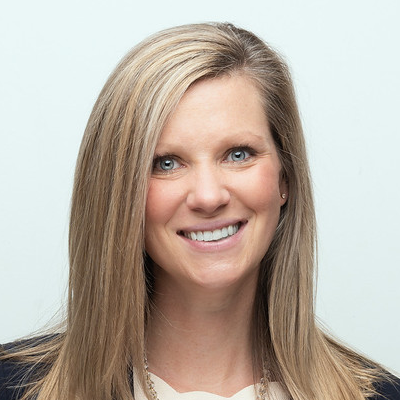Friday, May 3
8:15 AM – 12:15 PM
Cost per person: $199.
By advance registration only. Select one of six.
Add $30 fee if you are not attending the conference.
1. From the Conference to the Classroom: How to Bring the Science of Learning Back to Your School, Program, and Students
The Science of Learning is the most promising research being applied to reduce the gaps in teacher quality, student achievement, and school experience. This workshop provides you with strategies and frameworks that you should consider for your own learning contexts with your students. Leave with "next day" applicable Mind, Brain and Education science strategies you can use. Discover resources and frameworks which can be used throughout the Learning & the Brain Conference to identify research that can validate, inform, and transform your current teaching practices and work with all students.
Glenn Whitman, MALS, Director, Center for Transformative Teaching and Learning, St. Andrew’s Episcopal School; and Ian Kelleher, PhD, Head of Research, Center for Transformative Teaching and Learning, St. Andrew’s Episcopal School; Co-Authors, Neuroteach: Brain Science and the Future of Education (2016); Co-Creators of Neuroteach Global
2. Using Brain Science and SEL in Reading and Writing (Grades PreK-8)
Part I: Teach Social and Emotional Learning through Reading and Writing Workshop
8:15 AM - 11:15 AM
Explore ways to apply social-emotional learning to literacy instruction. Skills of social and sociocultural awareness and relationship building are critical for students to engage in meaningful reading and writing. In this second part of the workshop, you will explore the social and emotional skills that students need to be successful readers and writers.
Mike Anderson, MS, Former Elementary School Teacher; Author, "Social-Emotional Learning and Academics: Better Together" (2015, Educational Leadership)
Part II: From Cortex to Classroom: Understanding How the Brain Learns to Read and the Role of Social Interaction
11:15 AM - 12:15 PM
Part II of this workshop will address the the complex and miraculous process that children’s minds go through as they learn how to read. Specifically, Dr. Strom will discuss key ideas from neuroscience and psychology that shed light on young children’s reading and spelling behaviors. Additionally, she will discuss the role of social interaction, paying particular attention to how classroom conversation plays an important role in how beginning readers make sense of new words. You will leave the workshop with research-based insights and well as practical ideas for improving early reading instruction.
Carolyn H. Strom, PhD, Clinical Assistant Professor of Early Childhood Literacy and Innovation, New York University
3. Teaching the Child Who Struggles Socially
Nearly every child experiences friendship problems in some way, at some time, whether it’s having an argument with a friend, coping with teasing, or finding a buddy in a new classroom. Sometimes particular children need extra help in learning to get along with others. This presentation will describe essential social skills that all children need to learn as well as practical ways to help kids learn them. It includes hands-on activities to help participants understand typical social development and common social struggles at every age. Using a case study format, participants will discuss strategies for helping children develop the social skills they’ll need throughout their lives.
Eileen Kennedy-Moore, PhD, Psychologist; International Author; Featured Guest on The TODAY Show and other national television and radio shows; Advisory Board Member for Parents Magazine; Blogger for Psychology Today, PBS Parents, and US News & World Report; Creator DrFriendtastic.com, which features friendship advice for kids; Professor for The Great Courses audio/video series, Raising Emotionally and Socially Healthy Kids; Co-Author, Kid Confidence: Help Your Child Make Friends, Build Resilience, and Develop Real Self-Esteem (Forthcoming, 2019), Growing Friendships: A Kids’ Guide to Making and Keeping Friends (2017), Smart Parenting for Smart Kids (2011), and The Unwritten Rules of Friendship (2008)
4. Questing: Maximizing Student Engagement By Cultivating Competence, Connections, and Collaboration
How can we help our learners create personalized quests into meaningful issues and problems? How can we expand global perspectives by engaging students in dynamic interdisciplinary investigations? How do we cultivate global competence, connections and collaborations in the curriculum? You will walk through a step-by-step process for helping learners dive into personalized investigations and using technology. In this workshop, Marie Alcock will draw from her books, Bold Moves for Schools and Quest for Learning: How to Maximize Student Engagement, to guide you in using a Quest-Based Template and Planner to collaborate with your students. The session is designed to assist learners at all levels from kindergarten through college to foster skills such as critical thinking, inquiry, collaboration and self direction. Bring your laptop or device and your imagination.
Marie H. Alcock, PhD, President, Learning Systems Associates; International Education Consultant; Founder, Tomorrow's Education Network, a non-profit dedicated to promoting student literacy; Co-Author, Quest for Learning: How to Maximize Student Engagement (2017), Bold Moves for Schools, How We Create Remarkable Learning Environments (2017), The Power of the Social Brain: Teaching, Learning and Using Interdependent Thinking (2013), and Mastering Digital Literacy (2013)
5. Clarity in Learning: Five Effective Practices That Promote Learning and Collaborations
This workshop unpacks the role of clarity in learning, collective efficacy, and collaboration in school social minds. As learners engage in 21st Century learning, we have to ensure that, as teachers, we engage in what works best to maximize our impact on that learning. Three of the biggest predictors of learning are: clarity in learning, collective efficacy, and collaboration. In this workshop, participants will take an in-depth look at how to make learning visible to each and every student in the classroom through these three predictors. This action-packed, edge of your seat workshop builds understanding of the relationship between clarity, collective efficacy, collaboration, and student learning in the classroom. By practicing what we preach, audience members will take part in an "out of your seat and on your feet" experience that models the brain rules for deep thinking and understanding essential for maximum impact: simple to complex, concrete to abstract, and students only remember what they think about. Dr. Almarode will address classroom and student engagement in a cognitively rich environment making sure that students remain engaged in relevant content, regardless of the medium. Topics include goals, learning intentions, success criteria, opportunities to respond, and effective feedback.
John T. Almarode, PhD, Co-Director, Center for STEM Education and Outreach; Associate Professor in the Department of Early, Elementary, and Reading Education, James Madison University; Author, Captivate, Activate, and Invigorate the Student Brain in Science and Math, Grades 6–12 (2013); Co-Author, Clarity for Learning: Five Essential Practices That Empower Students and Teachers (2018), Teaching Mathematics in the Visible Learning Classroom, Grades 6-8 (2018), Visible Learning for Science, Grades K-12: What Works Best to Optimize Student Learning (2018)
6. Building Character Through Mindful Choices: Understanding the Brain Science Behind Resilience and Social-Emotional Health
The culture of fear surrounding failure has had significant unintended consequences. Join Michelle Palladini and Donna Volpitta as they explain the brain science behind the choices that we make. In this interactive presentation, attendees will learn the social threats and rewards to the brain, the brain science of mindfulness, and how to support their school community in raising emotionally healthy, resilient students.
Donna A. Volpitta, EdD, Founder, The Center for Resilient Leadership; Author, The Resilience Formula (2000); and Michelle Palladini, BA, Founder, L.E.A.P. Program; School Resource Officer, King Phillip Middle School; Detective, Norfolk Police Department



